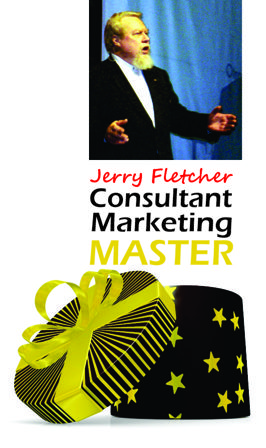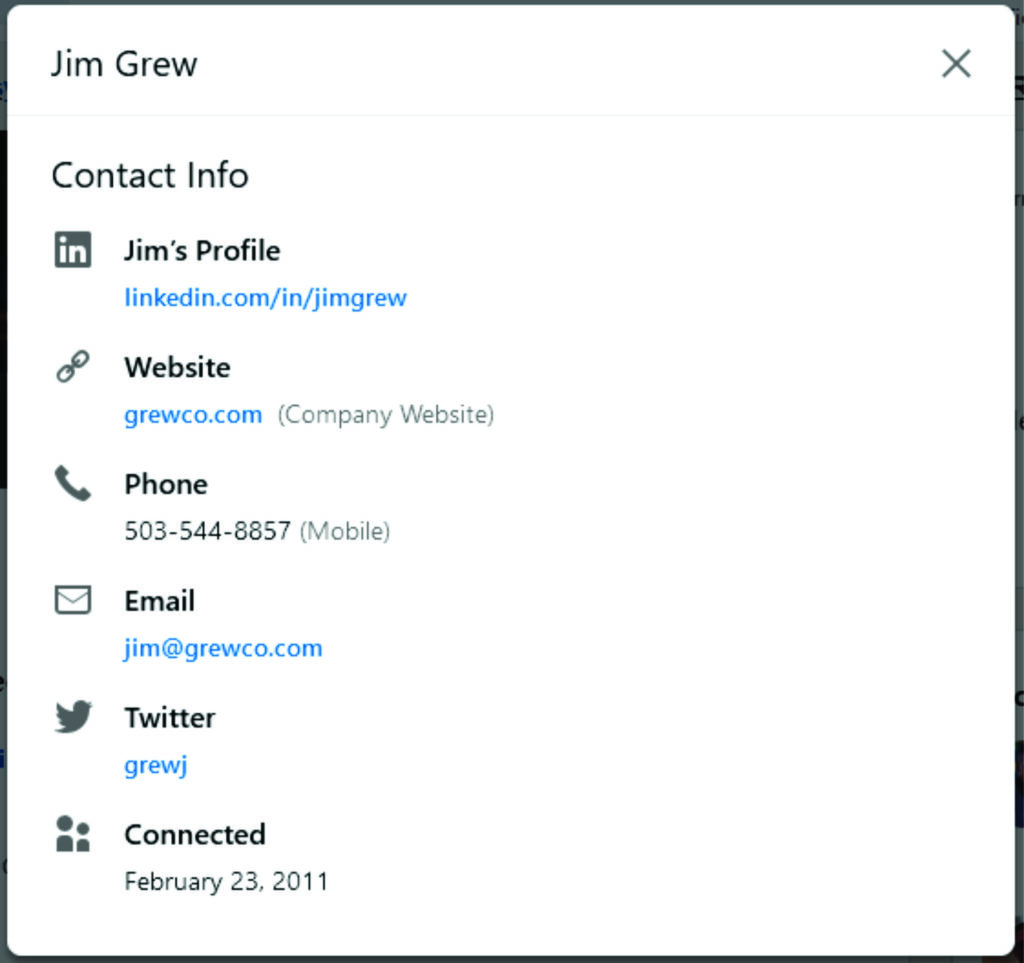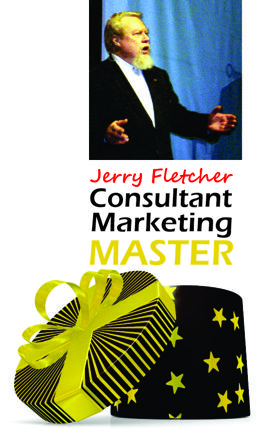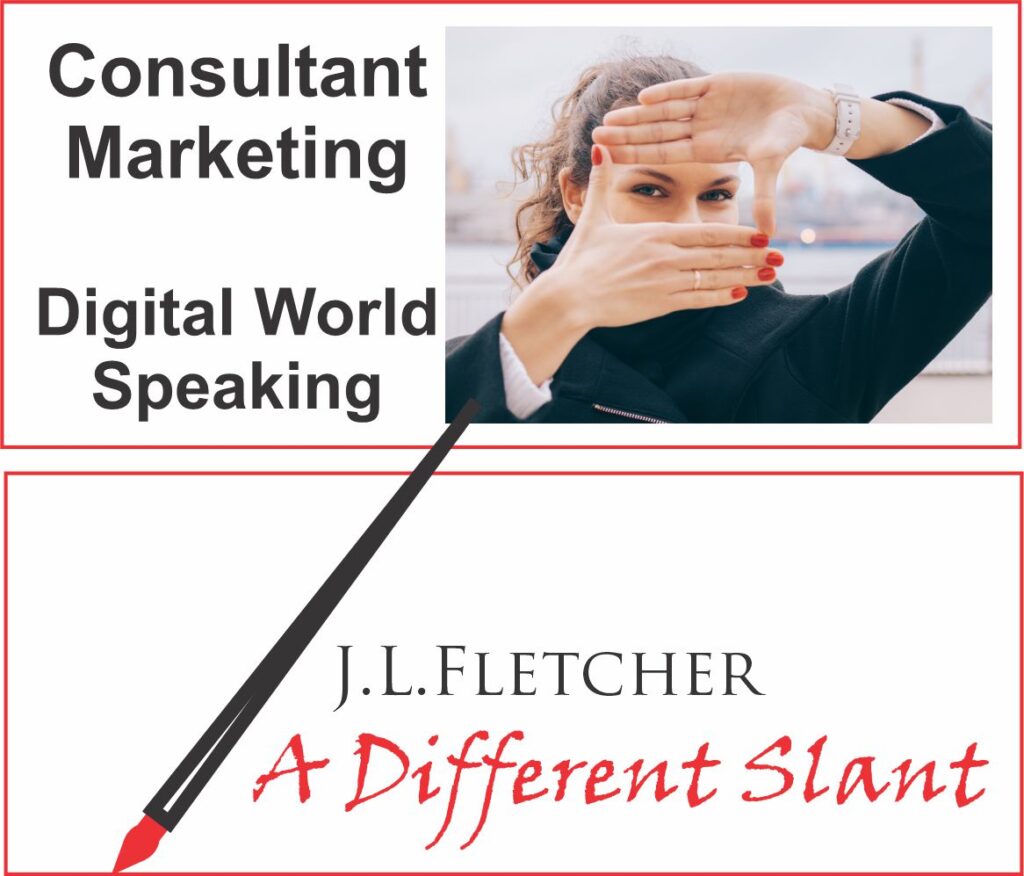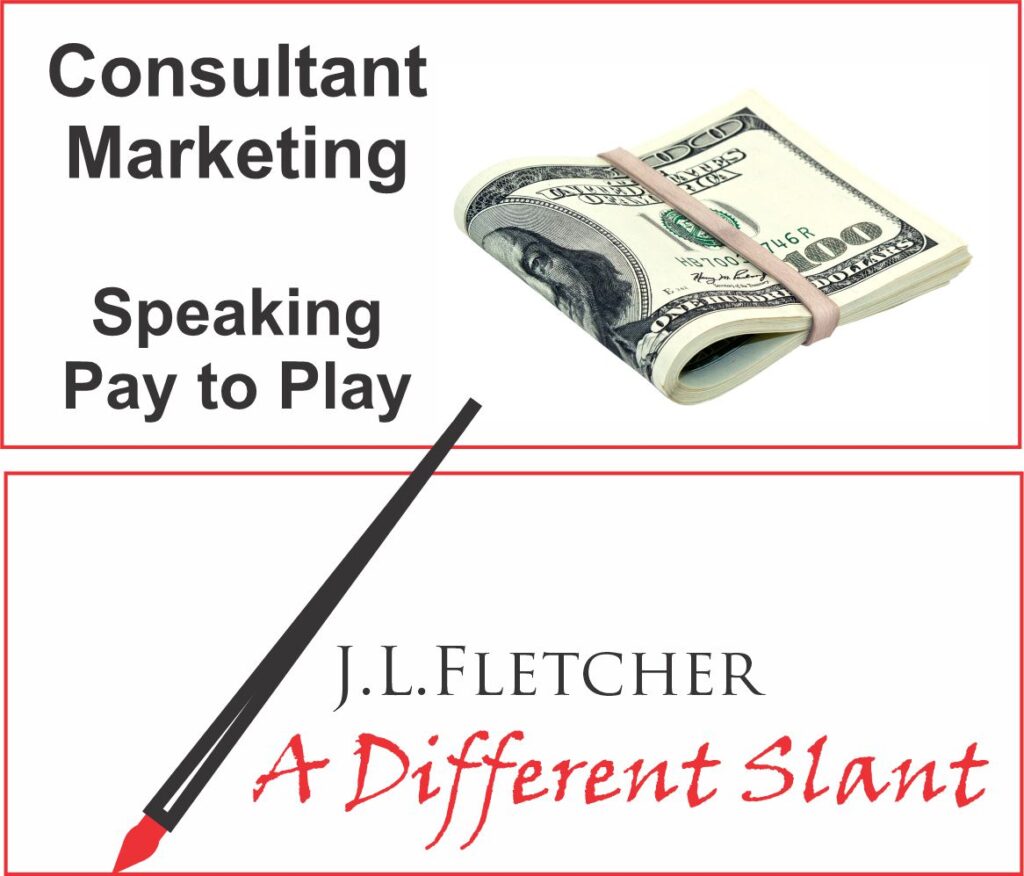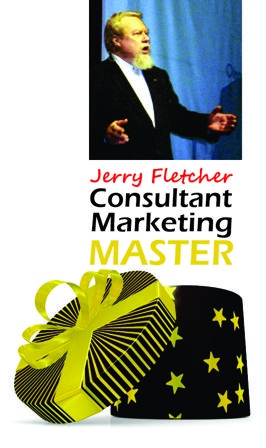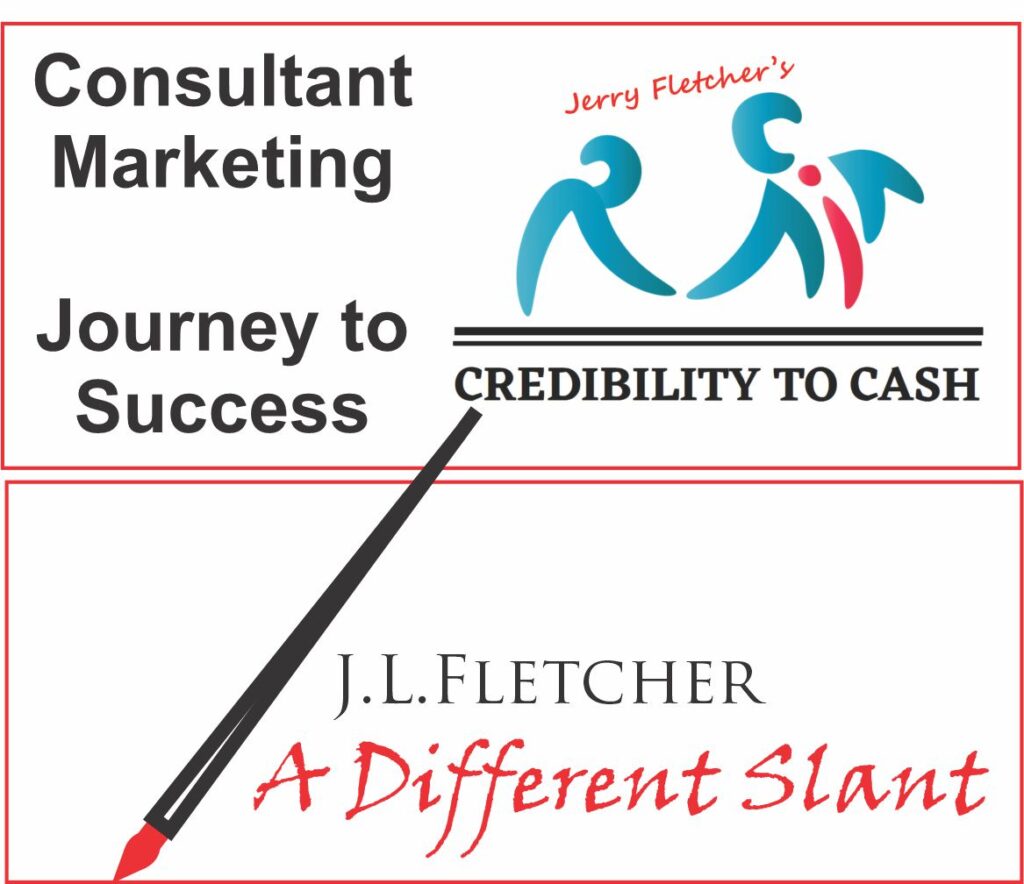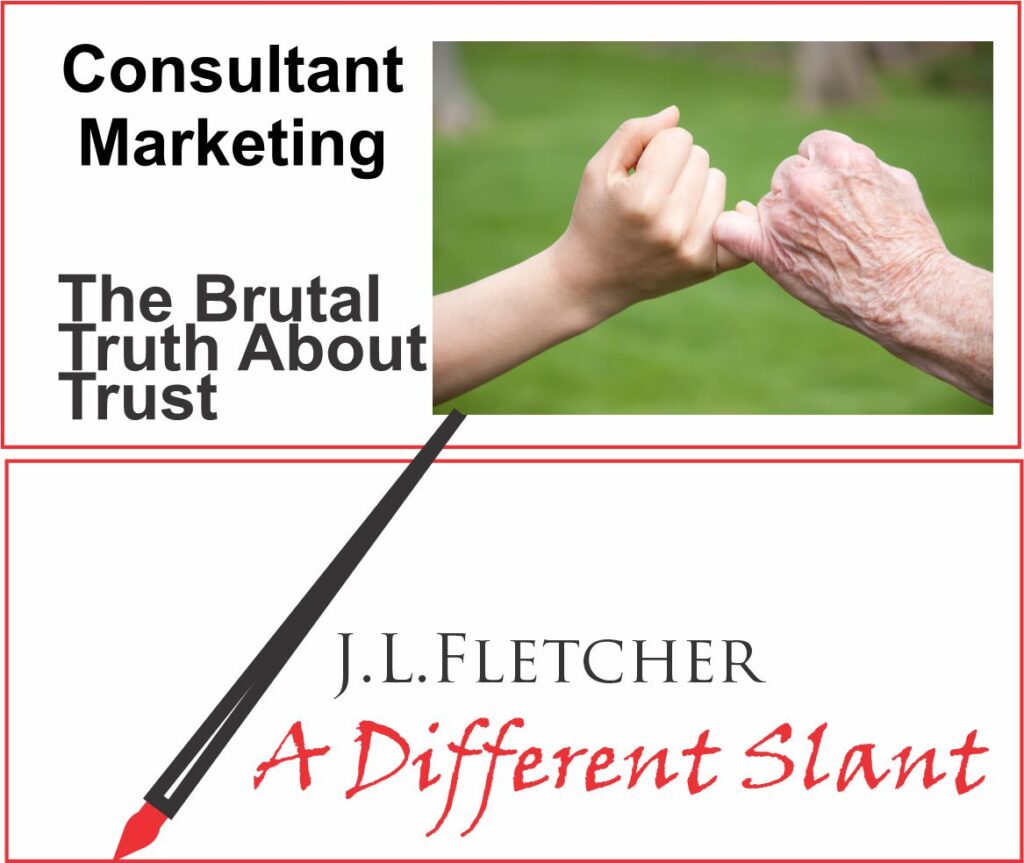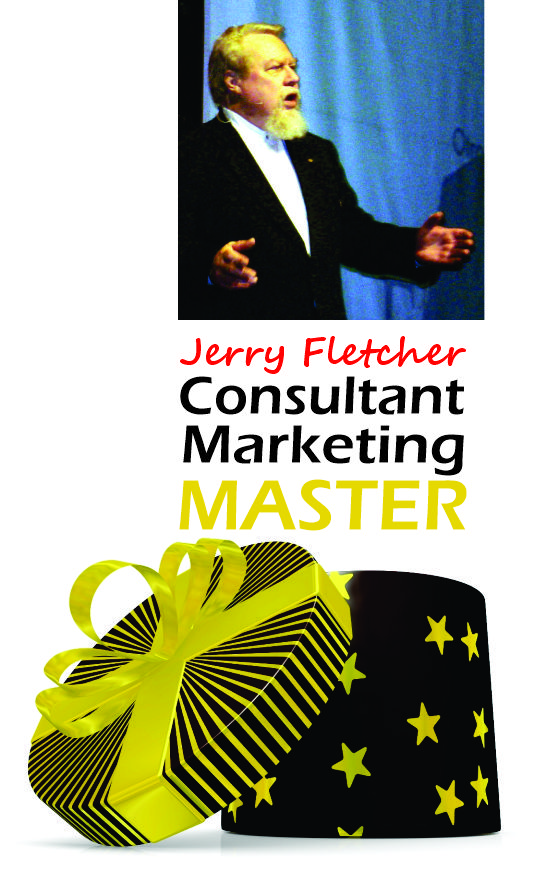
It amazes me every time. Coach oriented selling eliminates proposals.
You figure that a consultant would know about and use a Value-Based Presentation.
Only a handful do, the ones that have been around for a while and those bold enough to study some of the masters of selling services. It’s like the refrain from a song in the musical South Pacific, “You have to be carefully taught.” Fewer still are trained in coach-oriented selling.
Most consultants aren’t trained in sales. They are babes in the woods when it comes to the psychology of the deal. Better pitches are built with better knowledge of what a lot of folks today call : “the customer journey.”
Start with a peek at the customer map.
They had a problem or concern about their business. They spoke with friends and colleagues about how to solve it. They queried trusted advisors for names of experts that might help them. With a handful of names they turned to Linked In to review profiles of the candidates to be considered further. They narrowed the search to no more than three. At that point they probably looked at your website to get more of an idea of how you work and to get a glimpse of the expertise you bring to the situation.
Make it easy to meet.
They are still evaluating when they call you to arrange a meeting. They want to get to know you. You are one of at most three candidates. Setting an appointment for what is to them a major concern is probably best made in person. Make sure they can contact you direct, not through an appointment setting app. But if you do use such an app, give them the possibility of stating why they want to talk. What may seem to be dull normal for you is the biggest thing in their world to them. So when that in noted I should be a trigger for you to call them.
The first meeting is all about discovery.
It is a conversation not a commercial. You need to acknowledge their expertise. They will always be more expert in their business than you. Always. Partner with them in a thought-provoking process that allows them to act in away that draws on their experience and your support ot find a way to act. Let them set the agenda. Your mission whether you accept it or not is to do four things:
- Engage
- Focus
- Evoke
- Plan
Engage
Establish a mutually trusting relationship based on genuine interest in their situation.
Listen. Focus on their goals, their expectations and why those things are important to them.
Questions you might use:
- What are your successes?
- Where are you challenged?
- What od you know about our work?
- How do you think we can help?
Focus
Your goal is to collaborate with the prospect, describe the desired outcomes and determine a way forward.
Questions that will allow you to reach common ground:
- What is most important to you and your organization?
- What outcome do you expect from our working together?
- How do you see us working together?
- What would this mean for the organization?
- What will it cost if you do nothing?
Strive to define the problem concisely in concrete terms. It is best to zero in on a key single priority.
Evoke
Start by searching for strategies that could solve the problem at hand. Brainstorm some possibilities. Before you suggest an approach ask permission to give them advice.
Helpful queries:
- What ideas have occurred to you to address this situation?
- Are there corporate resources you can bring to bear?
- Have you seen or heard of something that worked in the past that we could put to work here?
- If forced to come up with one idea, what would it be?
- What would you do if failure wasn’t an option?
Plan
What you are looking to do now is ascertain if the prospect is ready to move forward and become client. You are not closing. You are merely testing the waters.
Try asking:
- What are you willing to commit to now?
- Is there a first step that would be agreeable to you?
- When can you assemble your team?
- What’s your timeframe?
- What are you willing to invest?
At this point, a prospect may ask you to begin an engagement or demur. If they are not asking you to get to work circle back. Engage them. Focus on their view of the problem. Help them imagine a positive resolution and see once more if they are ready to plan.
Some of the most successful consultants use this approach to begin ongoing relationships with clients. Although the information gathered can be used for a Value-based Proposal often the client will forgo that prerequisite just ot get to work now.
And so it goes.
Jerry Fletcher is a sought-after International Speaker, a beBee ambassador, founder and CEO of Z-axis Marketing, Inc. See Jerry’s speaker demo reel.
His consulting practice, founded in 1990, is known for on and off-line Trust-based Consultant Marketing advice that builds businesses, brands and lives of joy.
Credibility to Cash TM is his latest way to share experiences so you can take your business up a notch…or two.
Consulting: https://www.JerryFletcher.com
Speaking: https://www.NetworkingNinja.com

